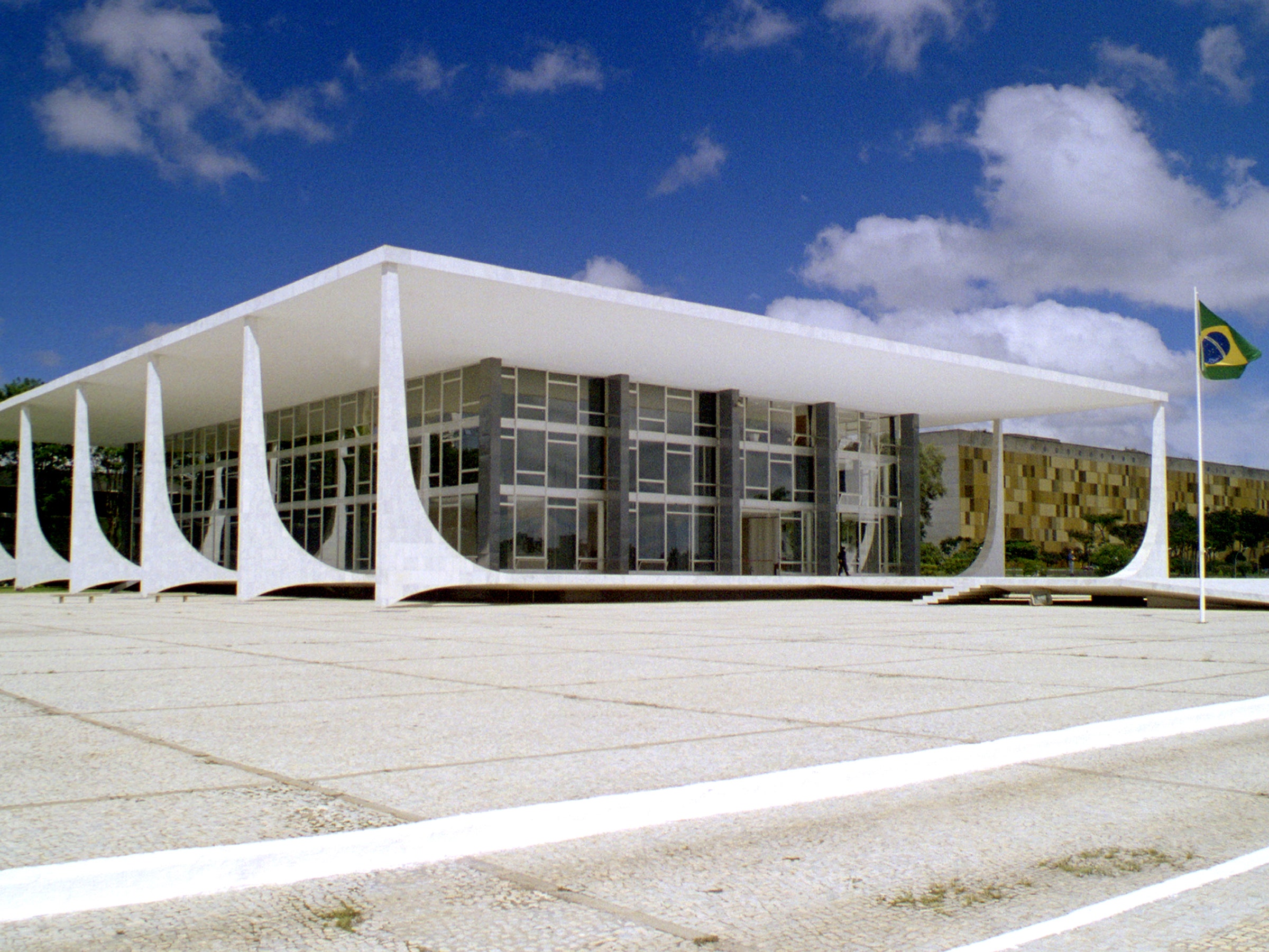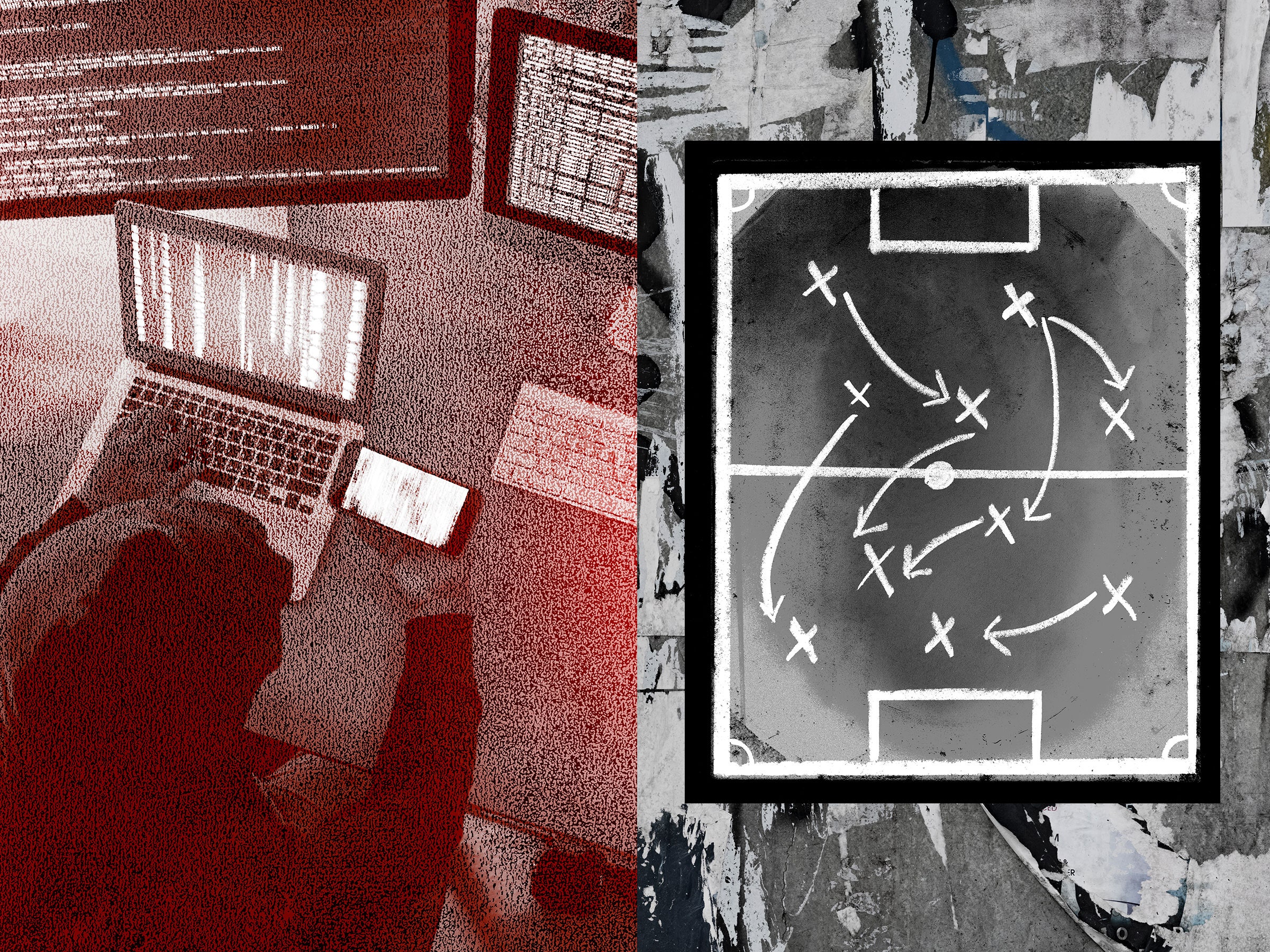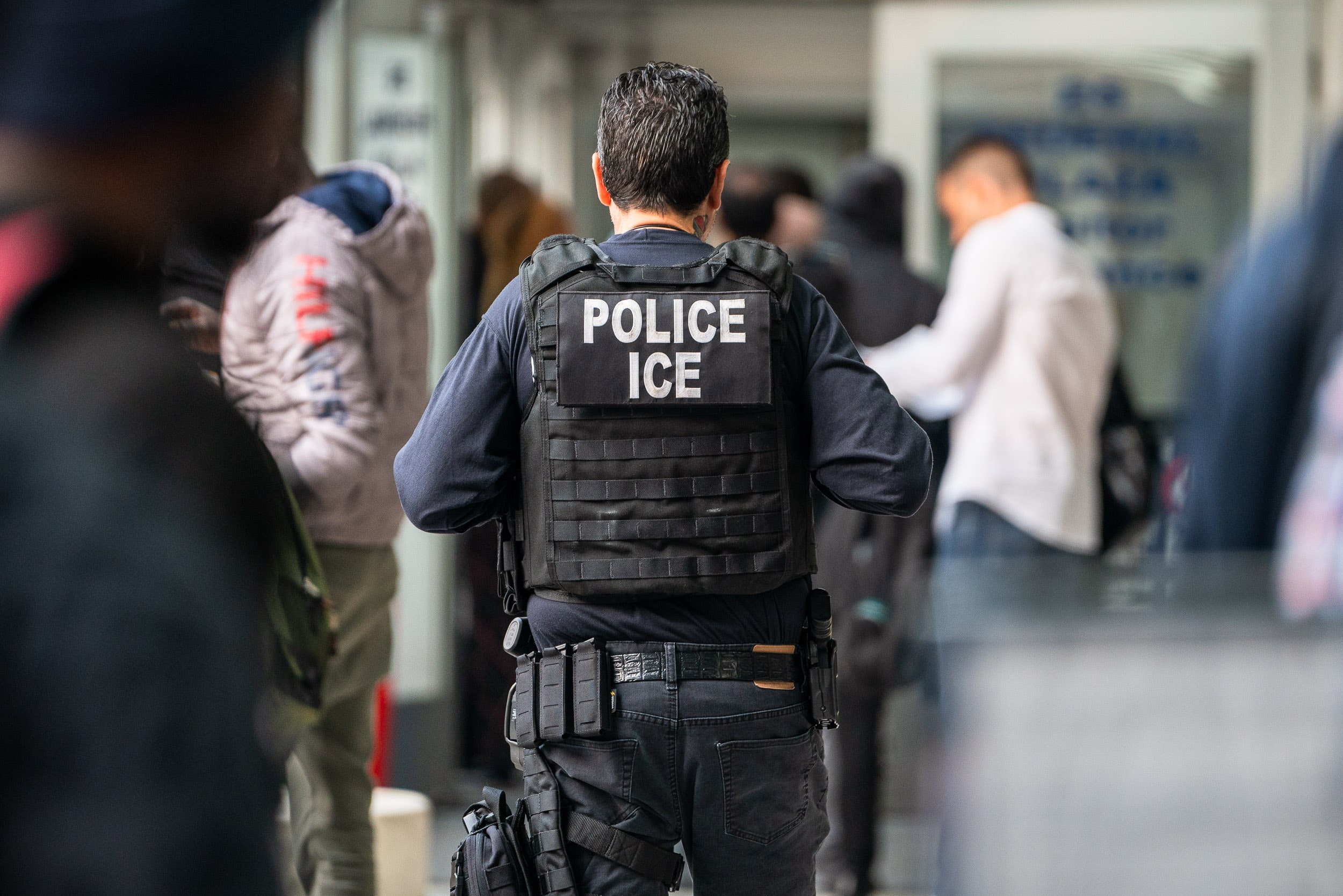Why It’s So Hard to Fully Block X in Brazil
Brazil has been facing the challenge of blocking X for various reasons. Firstly, the widespread use and popularity of X make it difficult for authorities to completely eradicate it from the country. The demand for X among the population also contributes to the difficulty of blocking its circulation.
Moreover, the illegal networks involved in the distribution of X are well-organized and constantly evolving, making it hard for law enforcement agencies to keep up with their tactics. The lack of resources and infrastructure to tackle the X trade further complicates the efforts to block it.
The geographical size of Brazil and the porous borders with neighboring countries also play a role in the difficulty of fully blocking X. Traffickers can easily smuggle X across borders, making it challenging for authorities to intercept the illegal shipments.
Additionally, corruption within the government and law enforcement agencies hampers the efforts to block X effectively. Bribery and collusion with criminal organizations prevent the implementation of strict measures against the illicit trade.
The social and economic factors in Brazil, such as poverty and unemployment, contribute to the demand for X and ultimately hinder the efforts to fully block its distribution. Without addressing the root causes of drug abuse and trafficking, it will remain a challenging task to eradicate X from Brazil.
In conclusion, the complexity of the X trade in Brazil stems from a combination of factors, including the high demand, organized crime networks, porous borders, lack of resources, corruption, and social issues. Addressing these challenges will require a multi-faceted approach involving law enforcement, government intervention, and social programs to effectively block X from circulating in Brazil.



